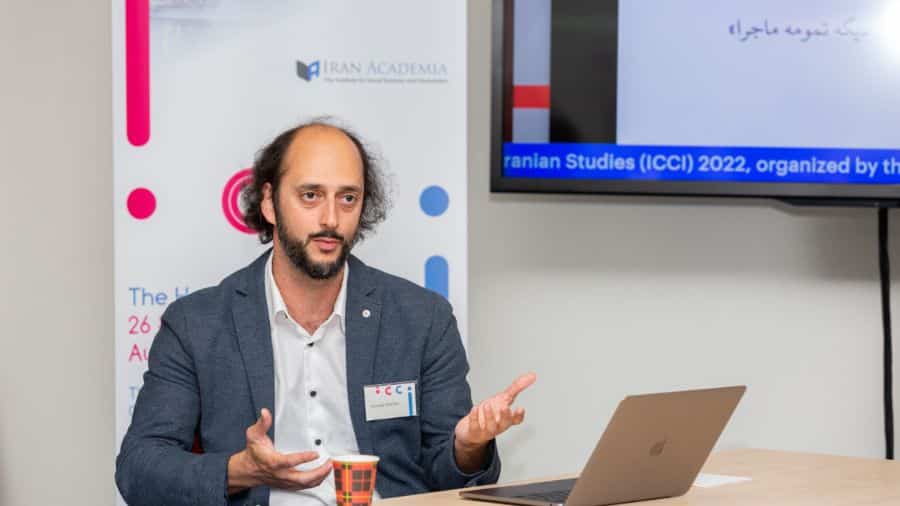In the past forty years and with the start of the new millennium, Iranian society has seen profound changes. The social, religious, and political leanings of the Iranians have seen profound transformations. Evaluation and study of public opinion in Iran on a variety of problems, like in any other society, can aid in comprehending the social evolution and predicting future occurrences. In authoritarian cultures, it is difficult to measure people’s true ideas and opinions on sensitive matters. Unfortunately, many of the traditional methods of opinion polling that are widely used in democratic and free societies and are regarded as effective tools for recognizing societal changes (such as telephone or face-to-face surveys) are ineffective in authoritarian societies like Iran and can even lead to a completely erroneous depiction of what the society has become. A lack of understanding of the true thoughts of a society’s members allows analysts and experts to be surprised and even respond irrationally when new trends and tendencies develop. Measuring the true opinions of individuals in such cultures necessitates the deployment of creative techniques and instruments that allow individuals to anonymously communicate their sincere and honest opinions on sensitive matters. In this speech, the results of several surveys on sensitive issues in Iran (including Iranians’ attitudes toward religion, foreign relations, and political structures) were conducted by the GAMAAN Research Institute (located in the Netherlands) using multiple sampling chains, anonymously and independently, are presented. On the basis of the opinions of Iranians and the diversity of their perspectives, the direction of advances in Iranian society has been examined and identified via online polls.
This speech is part of the following panel:
Speech of Ammar Maleki



